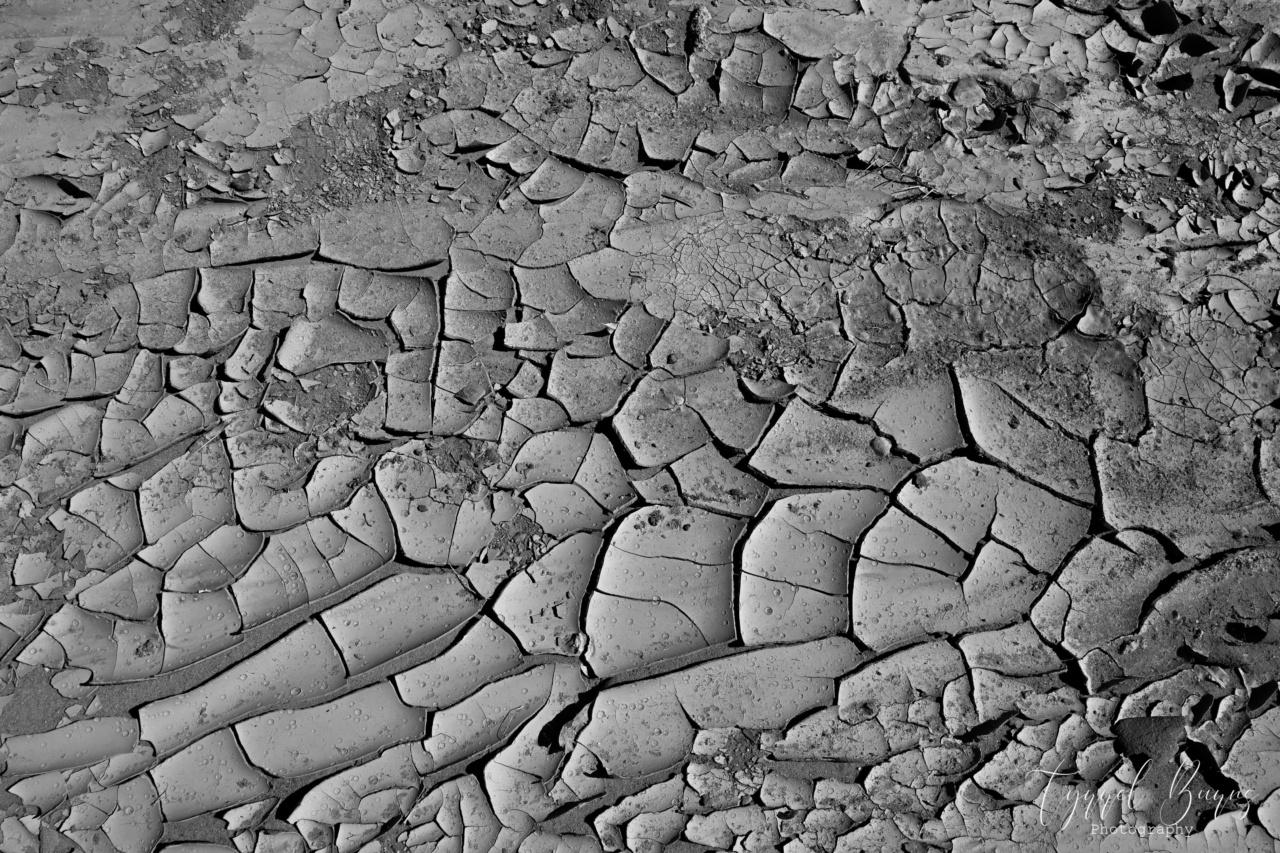Dry cough is a common symptom that can be caused by various factors. It is characterized by a persistent, irritating cough that does not produce any phlegm or mucus.
Understanding the underlying causes of dry cough can help in its management and treatment. In this article, we will explore the possible reasons why we experience dry cough and discuss some effective remedies for its relief.
Allergies as a Cause of Dry Cough
Allergies are one of the leading causes of dry cough. When we come into contact with allergens such as pollen, dust mites, pet dander, or mold, our immune system reacts by releasing histamines.
These histamines cause inflammation in the respiratory tract, leading to dry cough as a protective mechanism.
Air Pollution and Dry Cough
Poor air quality due to pollutants can irritate the airways, resulting in dry cough. Exposure to smoke, chemicals, industrial emissions, or vehicle exhaust can trigger coughing spells even in non-allergic individuals.
It is important to minimize exposure to these pollutants and maintain good indoor air quality to prevent or alleviate dry cough.
Gastroesophageal Reflux Disease (GERD)
Gastroesophageal reflux disease (GERD) occurs when stomach acid flows back into the esophagus. The acid irritates the lining of the esophagus, causing a burning sensation and sometimes triggering a dry cough.
This cough usually worsens at night and can be accompanied by heartburn or regurgitation.
Postnasal Drip and Dry Cough
Postnasal drip is a condition where excessive mucus accumulates in the back of the throat, leading to irritation and coughing. The mucus can result from allergies, sinus infections, or even changes in weather.
The constant dripping of mucus triggers the cough reflex, causing a dry cough.
Respiratory Tract Infections
Acute respiratory tract infections, such as the common cold, flu, or bronchitis, can cause a dry cough. These infections inflame the airways and stimulate cough receptors, resulting in persistent coughing.
As the infection progresses, the cough may evolve to produce mucus or phlegm.
Asthma and Dry Cough
Asthma is a chronic respiratory condition characterized by inflammation and narrowing of the airways. While asthma often causes wheezing and shortness of breath, it can also present as a dry cough without other typical symptoms.
Cough-variant asthma should be considered in individuals with chronic dry cough.
Medications and Dry Cough
Some medications, including certain blood pressure medications like ACE inhibitors, can trigger a persistent dry cough as a side effect.
If you suspect that your medication is causing the cough, it is best to consult with your healthcare provider to explore alternative options.
Chronic Medical Conditions
Several chronic medical conditions can lead to a dry cough as one of their symptoms. These conditions include interstitial lung disease, chronic obstructive pulmonary disease (COPD), lung cancer, and congestive heart failure.
In these cases, the cough is usually accompanied by other signs and symptoms specific to the underlying disease.
Environmental Factors
Dry air can promote throat irritation and coughing. This is especially common in regions with low humidity or during the winter months when indoor heating systems are used.
Inhaling dry air can cause the throat to become dry and trigger a persistent dry cough.
Smoking and Dry Cough
Smoking is a significant cause of dry cough. The chemicals in cigarette smoke can irritate the respiratory tract and damage the cilia (tiny hair-like structures) that line the airways.
As a result, smokers often develop a chronic dry cough that may persist even after quitting smoking.
Conclusion
Dry cough can have several underlying causes, ranging from allergies and respiratory tract infections to chronic medical conditions and environmental factors.
Identifying the root cause of the dry cough is crucial for appropriate management and treatment. If you experience a persistent dry cough that does not improve or is accompanied by worrisome symptoms, it is important to consult with a healthcare professional for a proper diagnosis and advice.






























